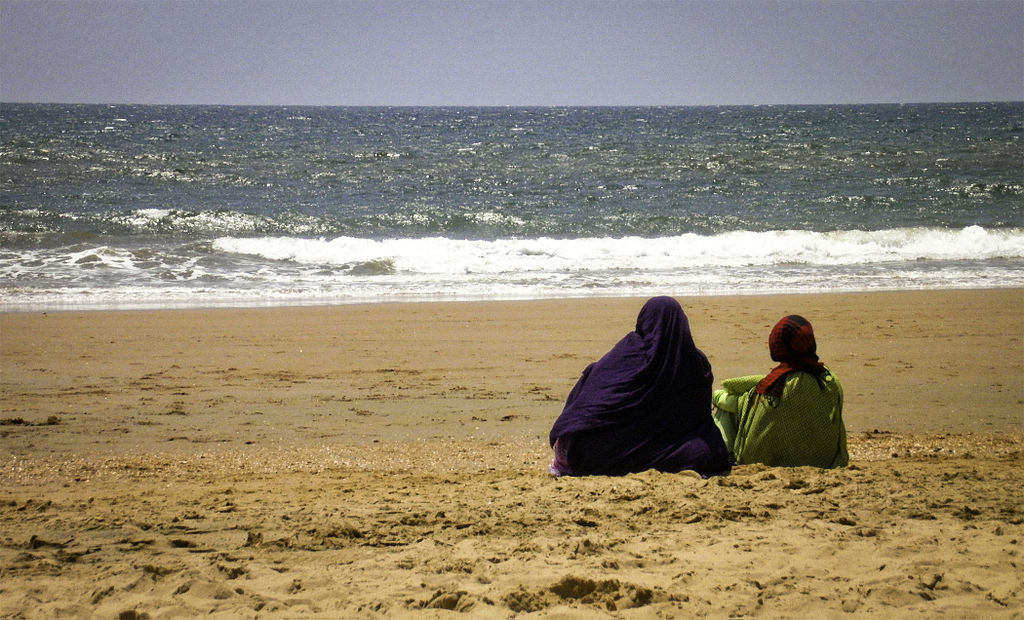Multiple cities in the French Riviera banned Muslim women from wearing a “burkini” in public, a full body swimsuit resembling a wetsuit. France’s foremost court overturned these bans, arguing they “seriously, and clearly illegally, breached the fundamental freedoms to come and go, the freedom of beliefs and individual freedom.” Over 30 cities in France had prohibited women from wearing the religiously-motivated swimsuit at public beaches, even forcing women to leave the beach and only allowing them to come back if they are wearing something more “appropriate.”
Relying Too Much on Polls Doesn’t Serve Public
This post originally appeared in The Indy Star on August 26, 2016.
Polls in 1948 indicated Harry Truman had no chance to win the election. He ignored the ominous polls, took off on his whistle-stop tour and won the election anyway. Pollsters and pundits were shocked. Americans today would be wise to follow Truman’s lead and disregard the swarm of polls dominating the media landscape this year.
Continue reading “Relying Too Much on Polls Doesn’t Serve Public”
Pricing the EpiPen
American drug prices have long been the object of controversy, from the price hiking on AIDS treatments conducted by the now-infamous Martin Shkreli or the $1,000 per pill Hepatitis C treatment that prompted Senate investigation. The average American spent $695 a year on drugs ten years ago, and now spends $935. Recently, the pharmaceutical Mylan received extensive backlash for the increase in the price of EpiPens, which are used in emergency situations to save someone from a life-threatening allergic reaction. EpiPens now cost $600, a 450% increase from their price in 2004. Analysts have determined that the cost of the drug within each Epipen is about one dollar.
Seeing the Olympics
Early in his classic Being Peace, Thich Naht Hanh says the following:
Meditation is to be aware of what is going on-in our bodies, in our feelings, in our minds, and in the world. Each day 40,000 children die of hunger. The superpowers now have more than 50,000 nuclear warheads, enough to destroy our planet many times. Yet the sunrise is beautiful, and the rose that bloomed this morning along the wall is a miracle. Life is both dreadful and wonderful. To practice meditation is to be in touch with both aspects.




